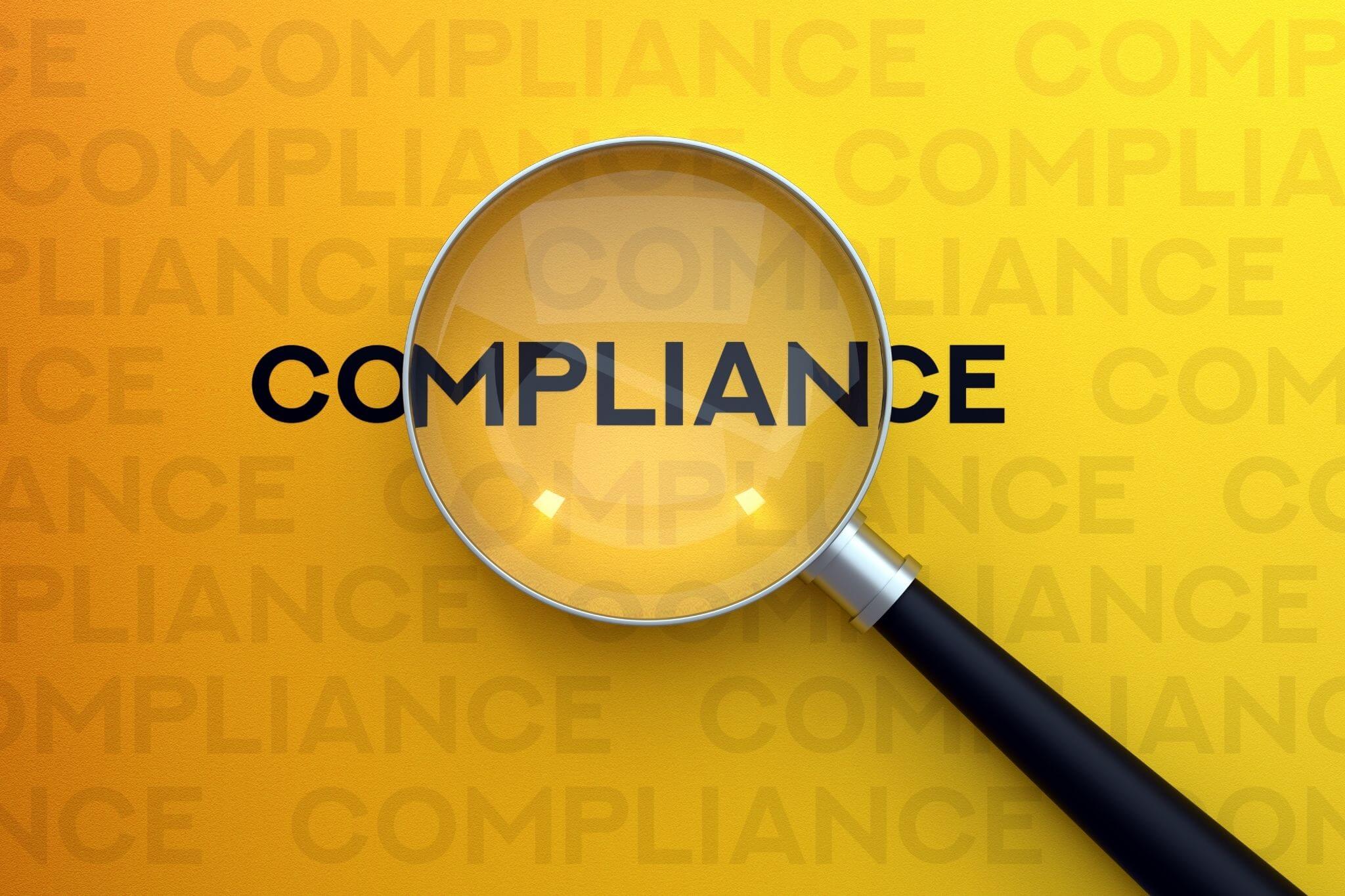
The eCommerce industry is growing rapidly, offering entrepreneurs unprecedented opportunities and a world of potential customers. But with that potential comes an increasing need for understanding and compliance with local, state, and federal tax laws. Businesses must stay informed of their obligations or risk severe financial penalties.
Tax compliance can be daunting as regulations change constantly, differ across jurisdictions, and need to be monitored for any updates. To keep up with all the relevant filing requirements and ensure accuracy, businesses should take the following steps:
Tax Rates
Understanding which taxes apply to the sale of goods and services is key to successful compliance. Depending on the size of your business, there may be different rates applicable to each transaction.
Tax Returns
Every jurisdiction has its own set of rules governing when tax returns are due, as well as how many times these filings must be made per year. Even if you don’t do any business in some states or countries, you may still have to file a return just to indicate that your online store has no activity in those areas.
Tax Planning
Taking time to plan ahead in terms of taxes can help reduce the amount you owe while ensuring you are prepared when it comes time to pay up. Partnering with an experienced accountant or tax advisor can provide invaluable assistance in planning out your fiscal year activity and keeping track of deadlines associated with filing returns.
Tax Liability
In addition to understanding applicable rates and returns due, it’s important for business owners to understand what their obligations are if they fail to pay any taxes owed them timely or accurately. Penalties for non-compliance can be quite severe and should be carefully avoided.
Revenue Collection
When running an eCommerce store, revenue collection shouldn’t be taken lightly — it’s essential for success! Allowing customers plenty of options when paying helps increase customer satisfaction levels while also reducing chances for delinquencies or chargebacks. Payment service providers like Stripe and PayPal offer features such as automatic invoice generation that simplify this process further.
VAT Calculations
If you sell taxable goods overseas then you may need to consider VAT calculations (value added tax). This type of levy is charged on sales within certain countries or regions based on their domestic rate; failure to collect these proper amounts could land your business into hot water legally speaking! It’s important that you research local requirements before charging customers outside your home jurisdiction so as not to incur unexpected liabilities down the road.
Making sure you remain compliant with all legal obligations around taxation is critical for every eCommerce business owner; failure often results in significant financial penalties that could put a major dent in cash flow! Taking proactive steps now — such as regularly consulting professionals familiar with current regulations — will help ensure continued success far into the future!



